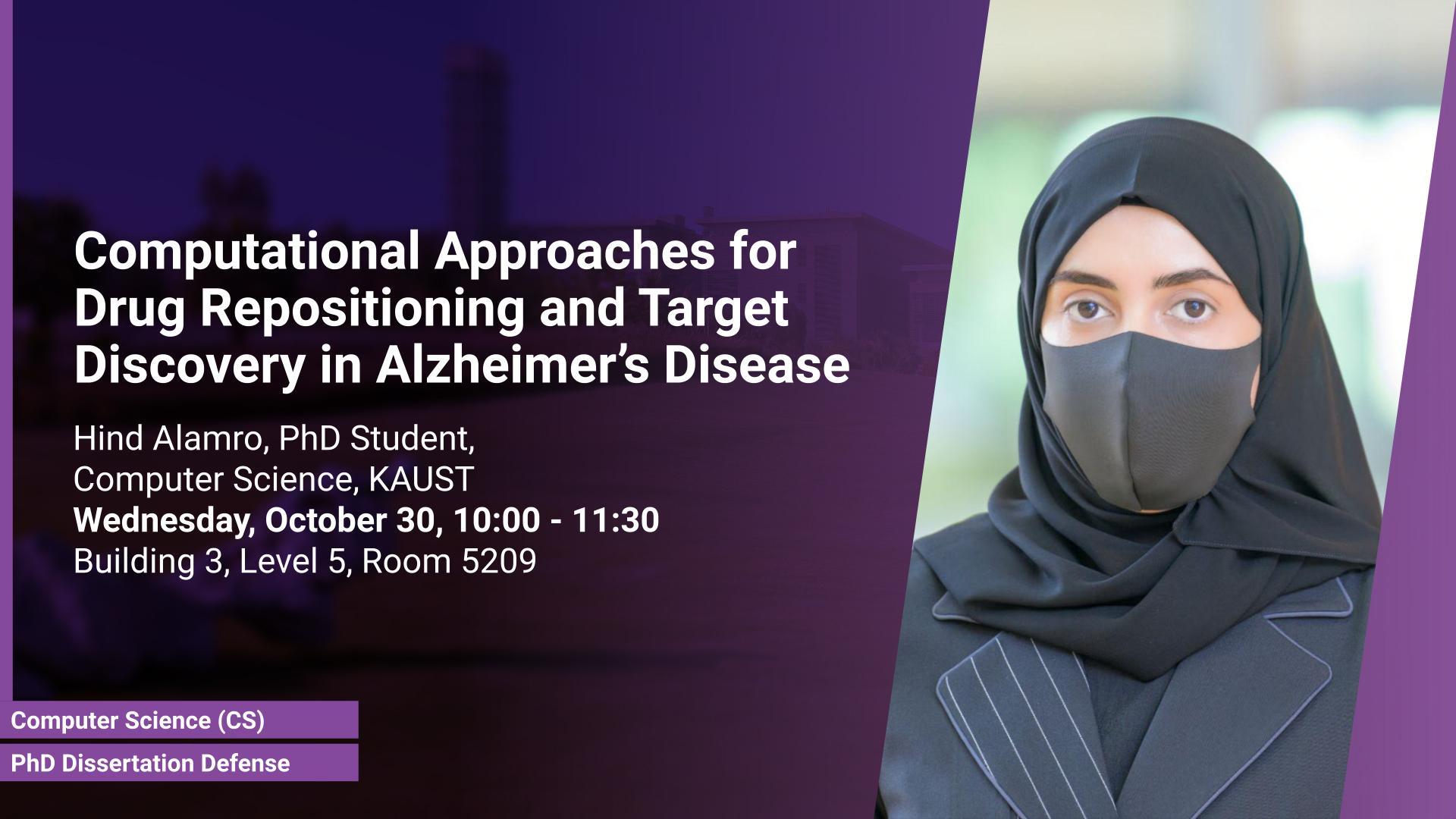Abstract
Alzheimer’s Disease (AD) presents significant challenges to global healthcare systems due to its complex and progressive nature. Despite extensive research, the underlying mechanisms of AD lack clarity, and current treatments only alleviate symptoms without halting disease progression. Consequently, there is an urgent need for computational approaches that can accelerate research efforts and aid in the development of more effective treatments for AD.
In this thesis, we address these critical challenges by developing computational and AI-based methods to improve the early detection of AD, identify novel biomarkers, and explore new therapeutic strategies through drug repositioning. To begin with, we focus on identifying key biomarkers associated with AD using gene expression datasets and then expand it to the identification of biomarkers through exploring the association between AD and its comorbidity, resulting in the discovery of new hub genes and miRNAs. Next, we examine the potential for drug repositioning by mining biomedical literature to uncover associations between drugs, targets, and diseases. This task was fulfilled by developing a systematic pipeline to extract valuable information from a curated collection of AD-related literature. The resulting data is subsequently used to construct a disease-specific knowledge graph, which is employed for drug repositioning using advanced graph-based techniques.
Overall, this thesis contributes to AD research by employing computational methods, multi-data integration, and literature mining to provide new insights and therapeutic strategies. This work identifies key participants in AD progression and presents a pathway to accelerate the discovery of treatments through computational approaches.
Brief Biography
Hind Alamro is a PhD candidate in Computer Science at King Abdullah University of Science and Technology (KAUST). She is a member of the Structural and Functional Bioinformatics Group (SFB), under the supervision of Professor Xin Gao. Hind holds a Bachelor's degree in Computer Science from Umm Al Qura University in Makkah and a Master's degree in Computer Science from KAUST. Her current research focuses on developing AI-based and computational methods for applications in the biomedical and healthcare domains, specifically leveraging deep learning and data mining approaches for drug repositioning and target discovery.


